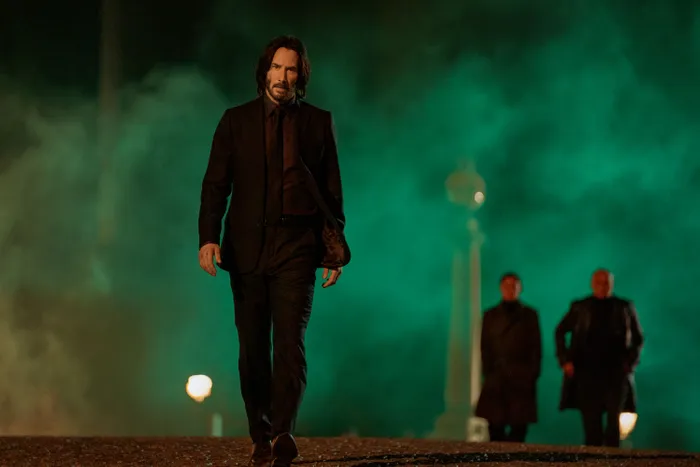
WafricNews - June 8, 2025
It seems in Hollywood these days, death is just another plot device—temporary, reversible, and often meaningless. The latest example? The ever-expanding John Wick universe. Even after what seemed like a definitive death in John Wick: Chapter 4, Keanu Reeves is officially returning for John Wick 5. And if that wasn't enough of a resurrection act, the franchise has already birthed a spin-off, Ballerina, starring Ana de Armas as a vengeful ballerina-assassin.
Once again, Hollywood proves that no hero stays gone if there's still money to be made.
The trend is no longer surprising. Back in April at CinemaCon, the announcement of John Wick 5 raised eyebrows not because the film was being made, but because the titular character had—by all appearances—died a gloriously brutal death. It was the kind of farewell scene that screamed "final chapter." Yet here we are. Apparently, the only thing more durable than John Wick’s resolve is his box office appeal.
This isn’t an isolated case. Let’s rewind to No Time to Die, where James Bond made the ultimate sacrifice. Audiences watched Daniel Craig’s 007 go out in a blaze of noble glory—only for the film to cheekily end with a promise: “James Bond will return.” That bold about-face turned what should have been an emotional goodbye into a marketing tactic.
And then there’s the world of superheroes. Superman died. The Avengers disintegrated. Yet, as fans knew all along, these weren’t real deaths—just temporary stunts. By the next film, everyone’s back, good as new. Peter Parker, T’Challa, and even half of the universe—resurrected by the almighty power of sequel profits.
The roots of this trope go back to horror classic Halloween (1978), when Michael Myers was shot, fell off a balcony, and disappeared—setting the gold standard for cinematic vanishing acts. Since then, Hollywood has embraced “Death Lite” as a genre staple: if it makes money, it gets revived.
But at what cost?
This culture of impermanence chips away at storytelling itself. Where movies once carried emotional stakes—where loss had weight and endings had finality—we now get recycled heroes and endless reboots. The sense of closure, of dramatic structure, of consequences? Fading fast. Instead, we’re trapped in an endless loop of revival, where nothing truly ends, and nothing truly matters.
Hollywood's reluctance to let characters die speaks to something deeper—a fear of creative risk. Why start something new when the old still sells? But as studios keep resurrecting their cash cows, audiences are left wondering: If death on screen no longer means anything, then what does?
In the quest for endless franchises, maybe the real casualty is storytelling itself.
By Wafricnews Desk.
By Wafricnews Desk.


Comment
To post a comment, you have to login first
LoginNo Comments Yet...